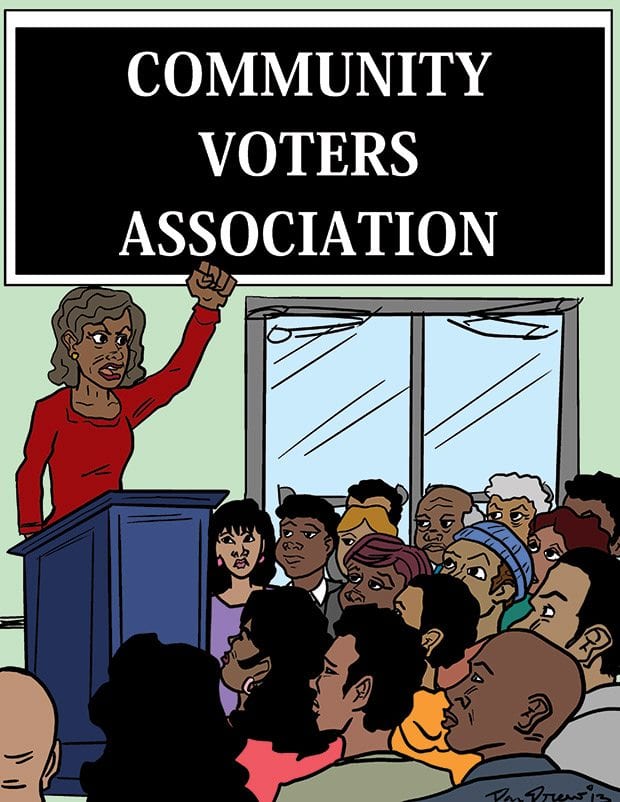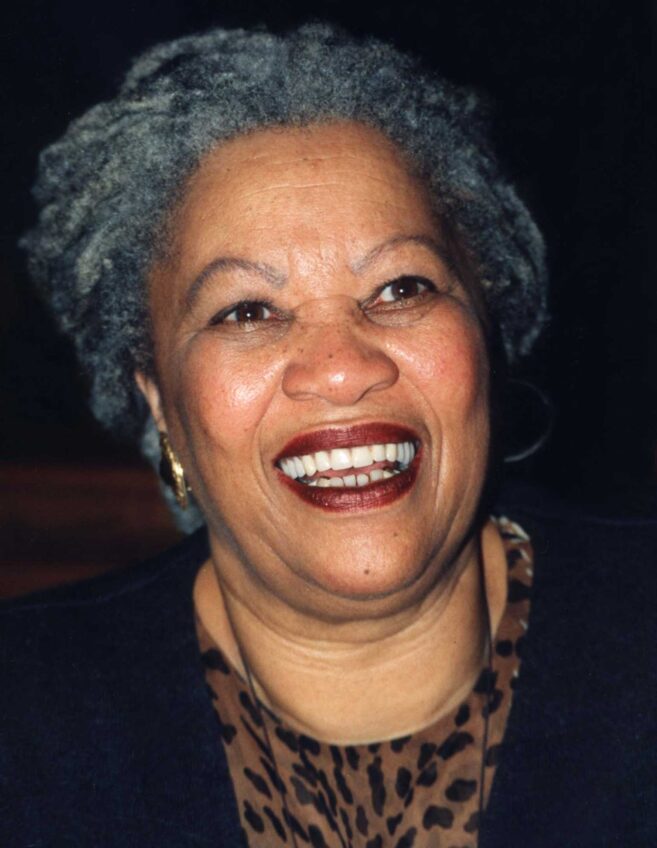
The developments of political power and economic growth have long been African American objectives across the country. However, the modest black participation in the recent preliminary election for mayor indicates there is no sound strategy for developing political power in Boston.
The first national goal was the attainment of civil rights, but that barrier was overcome with passage of the Federal Civil Rights Act of 1964 and the Voting Rights Act of 1965. Indeed there is still much to be done to secure and maintain full civil rights for all, but enactment of those laws changed the culture of the nation.
The Voting Rights Act increased the participation of African Americans in politics, especially in the South. However, there is not a common understanding of what is necessary to maximize black political power. The attention focuses on electing black candidates. While that is important, even more critical is the effort to increase black turnout at the polls in every election.
The recent presidential election was a trifecta of political perfection. An outstanding ground game gave blacks the highest participation in the election of any ethnic or racial group. The black vote for Barack Obama was overwhelming (93 percent). And Obama won the election. While such results cannot be achieved in every election, the black participation last November certainly set a high standard.
From the African American perspective, the results of last week’s preliminary election for mayor of Boston fell far short of that standard. None of the six minority candidates were able to garner enough votes to win one of the two seats to compete in the final election. And the minority turnout to the polls was disappointing.
Blacks cannot always hope to field candidates who are competent, charismatic and energetic enough to appeal to the whole electorate. However, there must be a strategy to produce a substantial voting bloc in every election. In that way, whoever wins will realize that he or she must be responsive to the community’s constituents.
The largest and most consistent voting community in Boston is West Roxbury, Ward 20. It is essentially a neighborhood of middle-class Irish homeowners. Half (50 percent) of the registered voters there went to the polls last week. That is substantially more than the citywide average (31 percent). John Connolly tallied 4,074 votes there compared with only 1,763 for Marty Walsh. The top black candidate, Charlotte Golar Richie, had only 591 votes.
By comparison, the turnout in black wards was dismal. In Ward 14, Dorchester and Mattapan, only 26 percent of the registered voters bothered to vote. In Ward 12 in Roxbury the turnout was a little better at 31 percent. Still that is 19 percent less than the 50 percent turnout in West Roxbury. As a result, Richie was able to garner only 1,485 votes in Roxbury, a ward expected to be one of her strongholds.
One reason for the low turnout is confusion. Voters like to believe that they understand the issues and their vote will help the candidate of their choice to be successful. With 12 politicians in the race, candidate nights were a cacophony of conflicting ideas. To moderate the confusion, The Banner suggested that Charles Yancey, Charles Clemons and David Wyatt drop out when it was clear that they would be unable to mount a city-wide campaign. That would narrow the field and enable residents to focus on the candidates with a more realistic chance of winning.
Last November, 65 percent of those eligible in Ward 12 voted in the presidential election. That is more than twice the turnout in the preliminary election for mayor. While presidential elections are more compelling, the results still indicate what is possible. The task confronting community leaders is to develop a strategy for producing a substantial vote in elections even without a dynamic local candidate.






